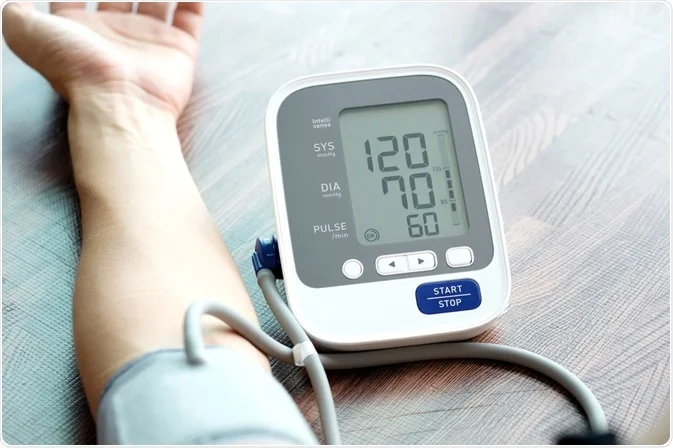How do Viruses Function and Cause Illness in Humans?
A virus is a tiny infectious agent that can cause disease in animals and plants. They are not considered living organisms because they cannot reproduce or carry out metabolic processes on their own. Instead, viruses rely on host cells to replicate and spread.
Viruses are made up of genetic material (DNA or RNA) enclosed in a protein coat called a capsid. Some viruses also have an outer envelope made of lipids. The genetic material of a virus contains the instructions for making more viruses, and the capsid and envelope protect the genetic material and help the virus enter host cells.
When a virus comes into contact with a host cell, it attaches itself to the cell membrane using specific receptors on its surface. The virus then injects its genetic material into the host cell. Once inside the host cell, the virus's genetic material takes over the cell's machinery and begins to replicate, producing new virus particles.
During replication, the host cell's normal functions are disrupted, leading to the symptoms of the viral infection. Some viruses cause mild symptoms such as the common cold, while others can lead to severe and even fatal illnesses such as AIDS, COVID-19 and influenza.
After replication is complete, the new virus particles are released from the host cell, either by bursting the cell open (lysis) or by budding off the cell surface. The new viruses can then infect other host cells, starting the cycle all over again.
There is no single treatment for all viral infections, but some viruses can be treated with antiviral drugs, which target specific parts of the viral replication cycle. For example, some antiviral drugs block the ability of the virus to enter host cells, while others inhibit the replication of the virus's genetic material.
In conclusion, viruses are non-living infectious agents that can cause disease in animals and plants by taking over host cells and using them to replicate and spread. They can cause a wide range of symptoms and can be treated with antiviral drugs, but there is no cure for all viral infections. It's important to maintain good personal hygiene and keep up with vaccinations to protect yourself from viral infections.





